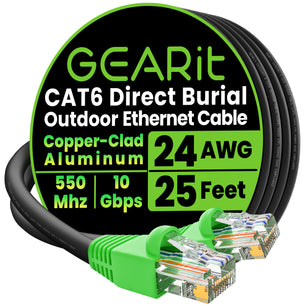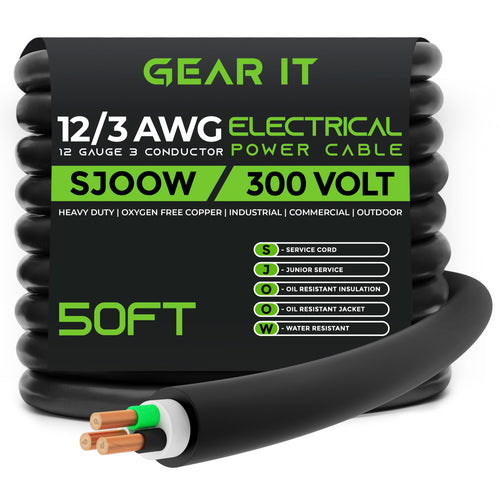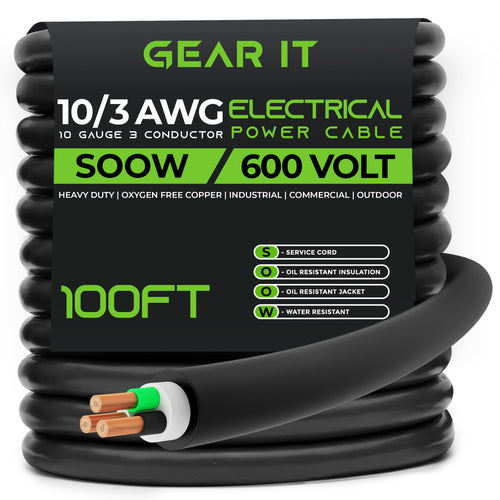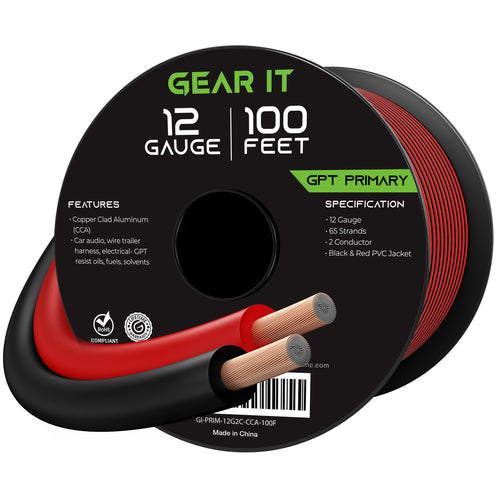Whether you're wiring a set of speakers for your new home entertainment center or replacing old circuitry, you have a lot of options when it comes to picking out the wiring. There are many different labels and characteristics for each product: CL2, CL3, direct burial and more. But of all these, the gauge of the wire may be one of the most important factors. 12AWG is a common size, so find out what that means and when to use this type of wire.
What Is 12AWG?
When you see the letters "AWG" after a number on an electrical wire, that is a measurement of the thickness of the wire according to the American Wire Gauge standards. The thickness, or gauge, of the wire determines how much current that wire can safely transfer.
The measurements are inverse to the size of the wire, meaning a smaller number represents a thicker wire. A 16AWG wire is thinner than a 4AWG wire. Because different wires can carry different loads, you will likely see several different gauges used throughout a construction or renovation project. As one of the most common sizes of wire for standard electrical projects, 12AWG is readily available and does very well in many different applications.
Ways To Use 12AWG Wire
Once you have a spool of wire, it's time to put it to use. Since 12AWG is so versatile, it's easy to use in several different ways. Here are some of the most common.
Power Distribution and Branch Circuits
This wire is often used in the wiring of electrical systems for power distribution and branch circuits, running electricity from a main service panel to the individual circuits throughout a building.
Lighting Fixtures, Outlets, and Appliances
This wire is capable of handling high current loads, making it suitable for devices such as air conditioners, electric ranges, and other high-power appliances.
Home Entertainment Equipment
You will find 12AWG wire is a popular choice for wiring home theaters, audio systems, and other home entertainment equipment and can be used to power speakers, amplifiers, and other components.
Power Supply Cables
You can use this wire as a power supply cable for battery banks and solar panel systems, making it easier to go off the grid.
Landscape Lighting
This wire is often used to connect low-voltage landscape lighting systems, although a transformer may be needed to make sure the current being transferred is at a safe voltage for both the wire and the lighting fixture.
You can see that it's easy to get a lot done with this type of wire, both indoors and outdoors. As long as your other components are properly rated to work with this wire size, getting started is simple.




























































